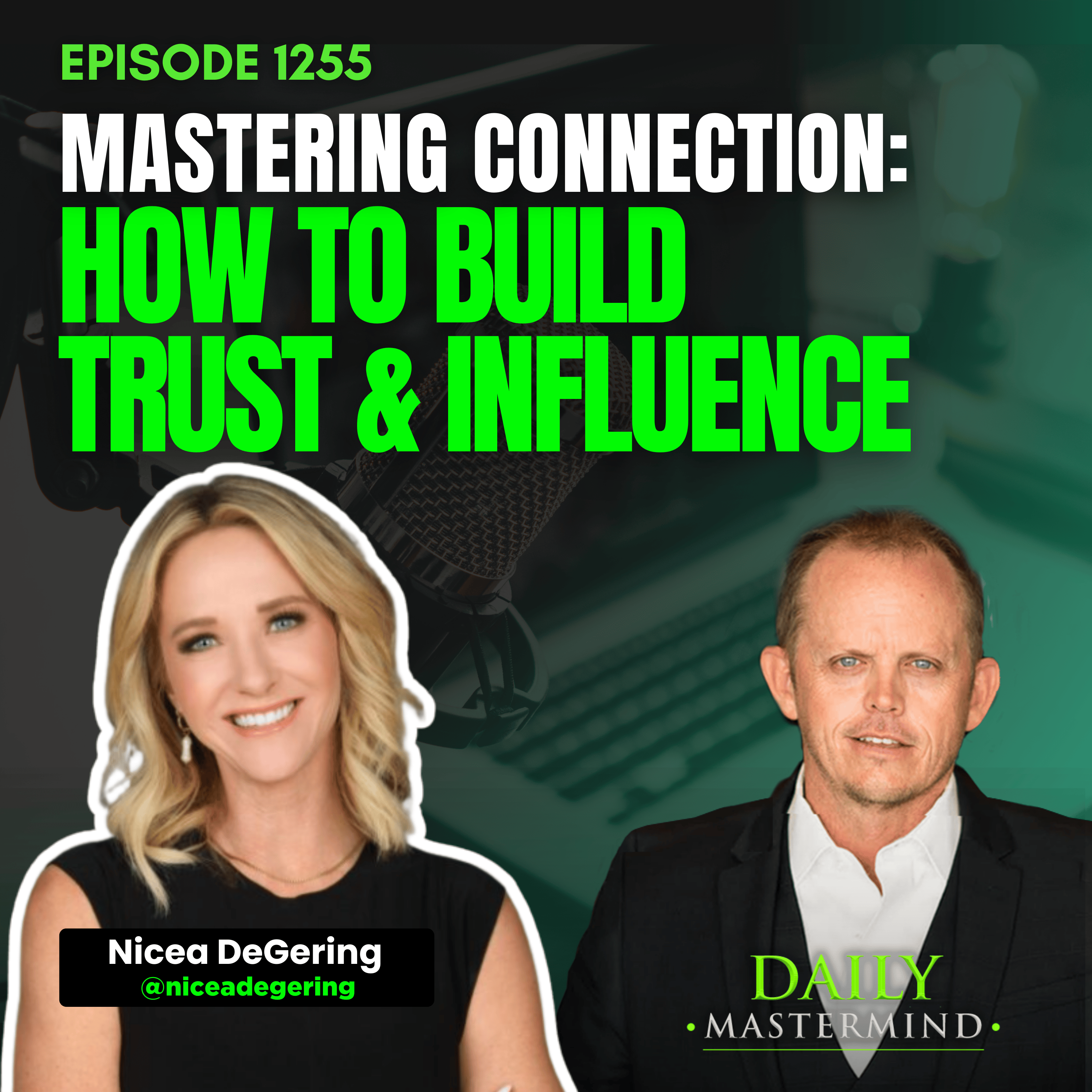
Why We Do What We Do Insights from Tony Robbins TB
Have you ever wondered why you do the things you do—or why certain behaviors bring fulfillment while others leave you feeling stuck? This blog dives into Tony Robbins' transformative framework of the six core human needs, offering insights into how these needs shape our lives and how meeting them constructively can lead to lasting happiness and success.
Why We Do What We Do Insights from Tony Robbins TB
The journey of self-discovery and personal development often leads us to question what drives our actions. Why do we behave the way we do? What shapes our decisions, and how can we improve our quality of life? Tony Robbins' framework of the six core human needs offers a powerful lens through which to view and understand these influences.
The Six Core Human Needs: A Deeper Look
While psychologist Abraham Maslow laid the groundwork with his hierarchy of needs—spanning from basic survival to self-actualization—Tony Robbins expanded on these concepts with his six core human needs. These needs encompass both the physical and spiritual aspects of life, determining whether we experience fulfillment or dissatisfaction.
1. Certainty: The Need for Stability
Certainty gives us comfort, security, and predictability. It helps us avoid pain and provides a sense of control. However, when this need becomes excessive, it can lead to unrealistic expectations, stress, and stagnation.
2. Uncertainty: The Need for Variety
In contrast, uncertainty introduces variety, excitement, and change into our lives. This need for adventure keeps us from becoming bored, pushing us outside our comfort zones. As Robbins explains, growth and success are proportional to the amount of uncertainty we can embrace.
3. Significance: The Need to Feel Important
The desire to feel meaningful and worthy often drives actions, from personal achievements to destructive behaviors like bullying. Understanding this need helps us channel it into positive outcomes, such as building relationships or contributing to society.
4. Love and Connection: The Need for Belonging
Humans crave connection, approval, and intimacy. Yet fear of rejection or past experiences can lead us to settle for surface-level relationships, leaving the deeper need for love unfulfilled. True connection requires vulnerability and trust.
5. Growth: The Need for Development
Personal growth—emotional, intellectual, and spiritual—is essential for fulfillment. Without it, we may feel stuck or unaccomplished. However, the pursuit of growth should focus on self-improvement rather than comparisons to others.
6. Contribution: The Need to Give
The ultimate fulfillment comes from serving others. By contributing to our communities, families, or businesses, we find purpose and satisfaction. As Robbins often says, "The secret to living is giving."
Reflection and Application
To align your life with these principles, start by reflecting on how you’re currently meeting your needs. Are you doing so in positive or negative ways? Are your routines and beliefs supporting your goals or holding you back?
Ask yourself:
- Which needs dominate my life right now?
- Am I meeting them constructively or destructively?
- How can I redefine and fulfill these needs more positively?
For instance, if you derive significance from external validation, shift your focus to achieving personal milestones or contributing to others. In relationships, aim to meet all six needs for a deeper connection.
Redefining Your Approach
As you assess your needs, consider the broader impact of your actions. Are they enhancing your relationships, career, and personal growth? Robbins emphasizes that meeting all six needs in a relationship ensures its longevity and strength. Similarly, aligning your daily routines with these principles can lead to lasting fulfillment.
Final Thoughts
Understanding and meeting the six core human needs in constructive ways can transform your life. By identifying limiting beliefs, redefining your approach, and being intentional, you can unlock personal growth, happiness, and fulfillment.
Remember, it's never too late to start living the life you’re meant to live. Begin today by evaluating your needs and making intentional changes. Share this insight with others, and together, strive for greatness.
For more insights, explore Tony Robbins’ teachings on human needs and take the next step toward a more fulfilled life.

.png)
.png)

